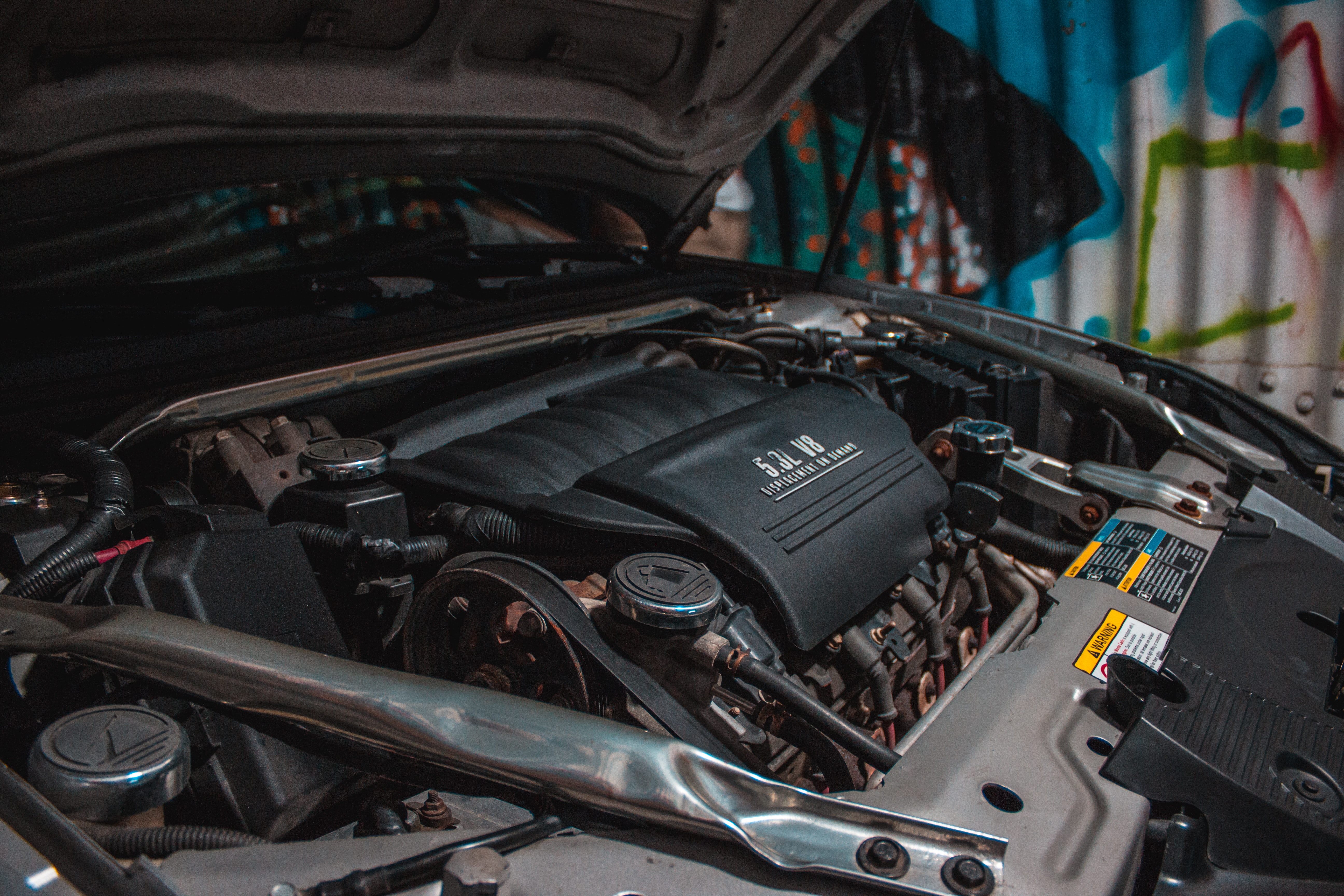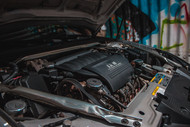Why Your Coolant Reservoir Is Overflowing
30th Jun 2022

An overflowing coolant reservoir can be alarming. Assuming your vehicle has a traditional liquid-cooled combustion engine, it will likely feature a coolant reservoir. The coolant reservoir is a container that's designed to temporarily hold expanded coolant. As coolant heats up inside of your vehicle's engine, it will expand. This extra coolant volume will be redirected to the coolant reservoir until it has cooled and, thus, contracted.
Problems may arise, however, that cause the coolant reservoir to overflow. Rather than returning to your vehicle's cooling system, some of the coolant may spill out of the top of the reservoir.
Stuck Thermostat
A stuck thermostat may cause your coolant reservoir to overflow. The thermostat is a small temperature-based valve. It works by allowing or prohibiting coolant from flowing through it, depending on the temperature of the coolant. After the coolant has reached a certain temperature -- typically about 190 to 200 degrees Fahrenheit -- the thermostat will open.
Thermostats can become stuck. If your vehicle's thermostat is stuck closed, coolant won't be able to pass through it. Instead, coolant will continue to heat up while expanding before the thermostat. The excess coolant will then enter your coolant reservoir where it spills over the top.
Combustion Gas Leak
If combustion gases leak into your vehicle's cooling system, your coolant reservoir may overflow. Combustion gases should follow a linear path. As your vehicle's engine burns air and gas, it will create combustion gases inside of the combustion chamber. These combustion gases will then enter the exhaust system where they are expelled out of the tailpipe.
Combustion gas leaks can occur from a blown head gasket or a cracked engine block. If your vehicle has a blown head gasket or a cracked engine block, combustion gases may escape out of the combustion chamber and into the cooling system. As the combustion gases fill the cooling system, they'll push the coolant into the reservoir.
Blocked Radiator
Even if your vehicle isn't suffering from a stuck thermostat or a combustion gas leak, it may have a blocked radiator. The radiator is arguably the single most important piece of equipment in your vehicle's cooling system. As coolant flows through it, heat will be released. Coolant will essentially become cooler after passing through the radiator.
Radiators can become blocked. Rust particles and sediment, for instance, may accumulate inside of the narrow tubes of your vehicle's radiator. Blockages such as this will then create a backup of coolant. And some of this excess coolant may spill out of your coolant reservoir until the blockage is cleared.

